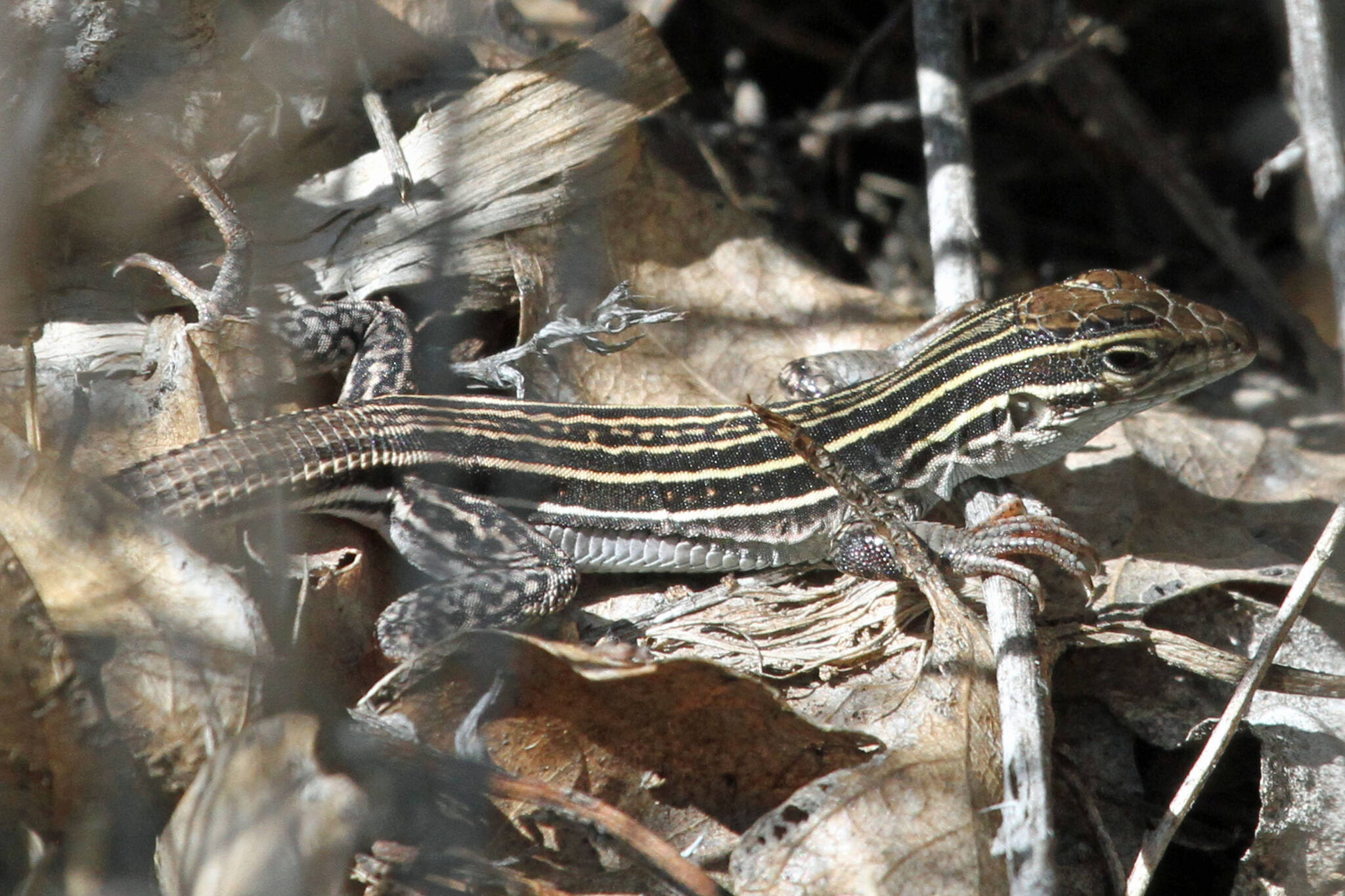By Mary F. Willson
When we talk of “single parents,” we refer to a family that has only a mother (or sometimes only a father) raising the offspring. But there’s another way to be a single parent — when an individual makes the offspring all by itself, with no participation of anybody else at any stage. There are many examples of plants and invertebrates that can produce offspring by splitting off pieces of themselves, and the pieces grow into new individuals. Or, they reproduce by parthenogenesis (“virgin birth”): a fatherless embryo develops without a sperm joining an egg to start the process and the unfertilized eggs develop directly into a zygote and then an embryo.
Among the vertebrates, however, parthenogenesis is relatively rare. There are no known cases of scientifically documented, natural parthenogenesis in mammals. However, parthenogenesis has been artificially, experimentally induced in a variety of species, although the embryo usually develops abnormally and dies.
Parthenogenesis in birds is apparently very rare. It’s known in domestic turkeys, chickens, and pigeons and in captive zebra finches, but the embryos don’t develop normally and generally die before hatching. However, two California condors in the San Diego zoo each produced a viable male chick that had no father; the chicks lived for a few years but died before reproducing. Those females made fatherless chicks even though they shared their captivity with males.
Some reptiles are obligately parthenogenetic and unisexual (female), including some Asian geckos and North American whiptail lizards. At least some of these types arose (and are still arising, presumably) via hybridization of sexual species, leading to polyploidy (multiple sets of chromosomes per cell, not just the usual two sets). Interestingly, although the whiptail populations are all-female, if one female acts like a male (why would she do that?) by courting and mounting another female, more eggs are produced than in the absence of that behavior (because of hormones that control behavior and response). Still other reptiles are known to be parthenogenetic at least occasionally, including snakes such as pythons, boas, rattlesnakes, cottonmouths and copperheads, and monitor lizards such as the Komodo dragon.
Among amphibians, parthenogenesis is well-known in salamanders and certain frogs, often the result of hybridization and polyploidy. Some odd variations occur, creating a mix of parthenogenesis and sexuality (sometimes called incomplete parthenogenesis): In some cases, the sperm of a sexual species is needed to start egg division and embryo development, but no male genes are transferred. In other cases, the sperm of a sexual species fertilizes the egg and an embryo develops, but when they mature and reproduce, they do not pass on the male’s genes. And sometimes, at least some male genetic material (DNA) of a sexual species mysteriously combines with the DNA of the female, and is passed on jointly, not as separate chromosomes.
Parthenogenetic, unisexual offspring have been reported for several species of shark; in these cases, the mothers (being flexible) can probably also make offspring in the usual, sexual way. Among the bony fishes, parthenogenesis and unisexuality are the regular thing in the Texas silversides, the Amazon molly and a hybrid live-bearing topminnow in Mexico, for example, and they occur also in some populations of several others, including the pond loach of Asia and the Australian carp gudgeon.
Are there advantages to parthenogenesis? One advantage is that females can produce offspring, passing on their genes, even if males are scarce and unavailable. Another advantage is that the females don’t share parenthood with males, they pass on just their own genes; their offspring are very much like their mothers, often virtually identical. However, they generally sacrifice the advantages of sexual recombination of genes, which generates variation. Such variation is considered to be useful: by producing varied offspring, there is a higher chance that some will survive when the environment is (as usual) likewise variable.
So, one would expect to find cases of natural parthenogenesis when and where the environments are not very variable, or males are very hard to find. Good data are needed: The adaptiveness of parthenogenesis in the ecology of each species that reproduces this way needs further documentation.
• Mary F. Willson is a retired professor of ecology. “On the Trails” appears every Wednesday in the Juneau Empire.

